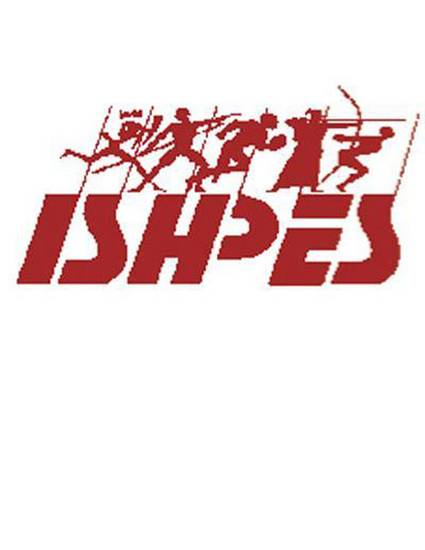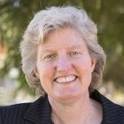
Presentation
Conducting Research with Female Athletes: Suggestions for Success
International Conference on Science Education and Medicine in Sport (ICSEMIS)
(2012)
Abstract
Introduction: A significant barrier that stands in the way of improving performance in female athletes is the lack of research involving this population. There is some cross sectional research available, but few have conducted training or experimental studies dedicated to the female athlete, and there is little funding to pursue this line of research. The purpose of this symposium is to provide a multi-disciplinary overview of past, current, and future directions in research related to female athletes. Dr. Ransdell will introduce presenters from different fields within Exercise Science who will tell their stories about how they generate research topics, seek grant funding, recruit subjects, gain access to the population of interest, and ultimately publish their research. Lynda B. Ransdell
University-Non-governmental Organization (NGO) Partnerships in Women’s Sport: The Face of the Future?: The past 20 years have seen the burgeoning of academic “Centers of Excellence” devoted to research and practice concentrated on specific foci allowing nimbleness and economy in the pursuit of resources not common in the traditional university department structure. Coincidentally, many women-centered NGOs are experiencing the economic stresses of the times and searching for partners with human resources to collect/integrate the evidence base for their organizational programming. Taken together, these forces seem to be resulting in the creation of new university-NGO structured, formal partnerships for NGOs such as the National Association of Girls and Women in Sport (with the University of North Carolina, Greensboro), Women’s Sports Foundation (with the University of Michigan) and the International Working Group on Women (with Anita White Foundation). Will these partnerships significantly affect the quality and quantity of research on women in sport? Will these TYPES OF partnerships proliferate or disappear in the future? Carole Oglesby
Conducting Exercise Physiology Research: Female athletes may show differences in the rate of adaptation to training stimuli and be susceptible to different injuries and recovery rates to that of men as a result of the differences in their respective physiological profiles (e.g., hormonal responses, body composition, anatomical structure). Although growing, research targeting training programs to optimize athletic performance and decrease injury risk in female athletes is lacking. This segment will discuss the current literature on physiological demands of sports performance in female athletes, identify areas suggested for future research in this area, and suggest strategies for building collaborative enterprises that facilitate service and research opportunities (including logistical considerations for testing and data collection). Katie Sell
Conducting Health-Related Research: Dr. Ransdell will discuss past, present, and future trends relative to studying health-related aspects of sport participation in elite female athletes. In addition, she will discuss strategies for conducting research with this population. Her talk will finish with information about a new NAGWS grant designed to encourage more scholars to study the female athlete. Lynda B. Ransdell
Disciplines
Publication Date
July 21, 2012
Citation Information
Lynda B Ransdell, Carole Oglesby and Katie Sell. "Conducting Research with Female Athletes: Suggestions for Success" International Conference on Science Education and Medicine in Sport (ICSEMIS) (2012) Available at: http://works.bepress.com/lynda_ransdell/45/
